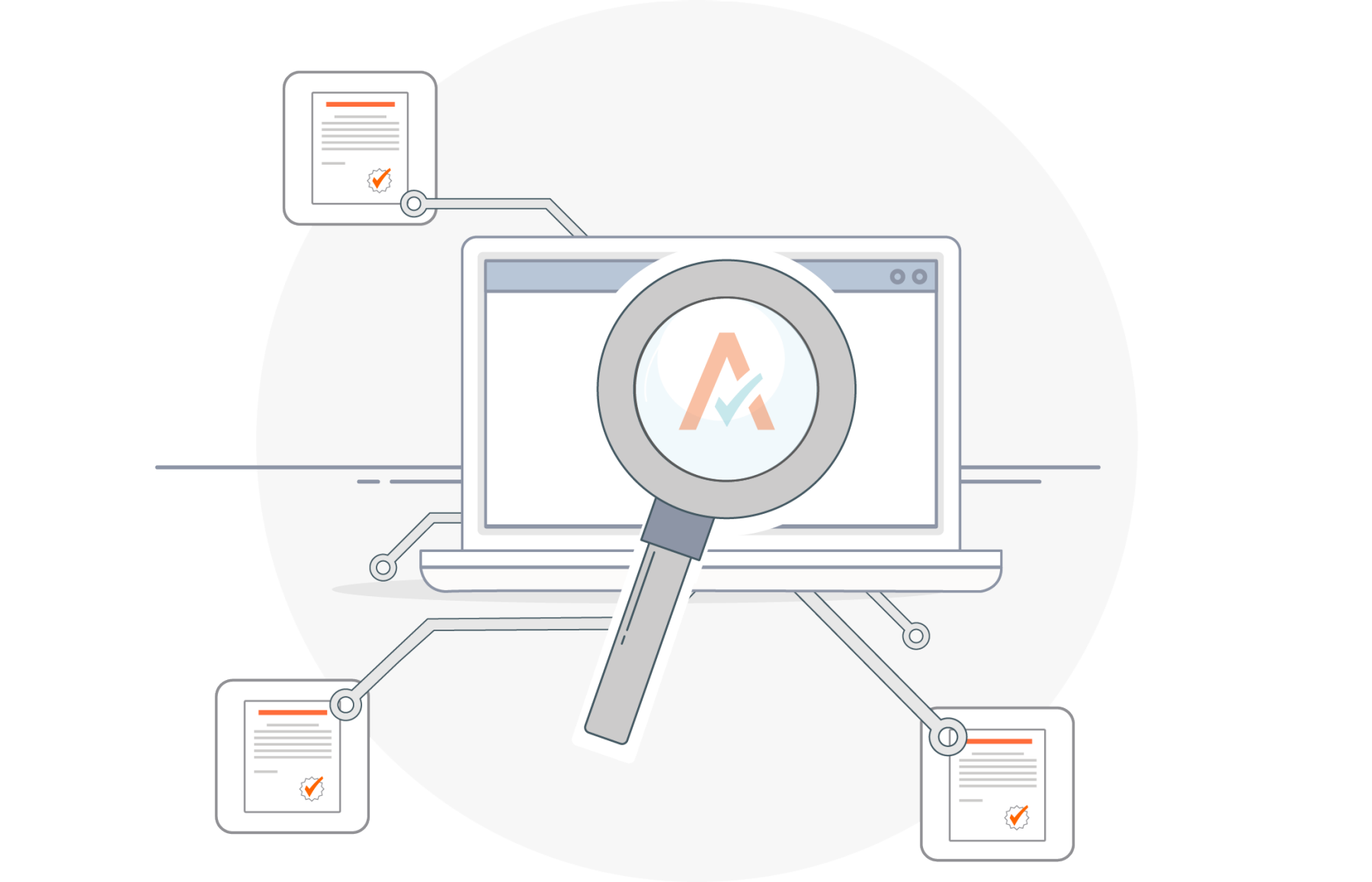
5 benefits of selling on Amazon
The first thing most people realize when deciding to set up an online store is that there are an astonishing number of choices. And while each option has its pros and cons, your own circumstances will dictate which one is right for you.
That’s why we’re reviewing all of the top options and letting you know the benefits of each one. We started with WooCommerce, and now it’s time for our second review. Everyone has heard of Amazon, but did you know they offer the following benefits to sellers?
A huge potential for sales
The size of Amazon's addressable audience is likely the most obvious benefit, but worth mentioning nonetheless. When you list your products on Amazon, you have access to a huge pool of already established customers.
According to Erik Fairleigh, an Amazon spokesman, the site has more than 2 million sellers worldwide, who sold more than 2 billion (yes, billion with a "b") items in 2014. In fact, more than 40 percent of all products sold on Amazon are from independent sellers doing business through Amazon's platform. Fairleigh says sellers can instantly reach hundreds of millions of online customers when they sell their products on Amazon.

File Amazon sales tax returns quickly and easily
Amazon is just one of over 700 sales tax filing integrations Avalara offers online sellers.
Earn repeat business without marketing
Standalone ecommerce sites (Shopify and Woocommerce are good examples) have to spend thousands of dollars in advertising just to let consumers know they exist, but Amazon has a built-in customer base that no standalone site will ever match. And Fairleigh says that Amazon sellers get repeat customers, especially when they offer exceptional customer service.
Others pack and ship your orders
Amazon makes it easy for sellers who don’t want to worry about packing and shipping their products. They offer Fulfillment by Amazon (FBA), which Fairleigh points out is both a time- and money-saver, since Amazon handles all storage, packing, and shipping (including free shipping for Amazon Prime members). FBA also streamlines international exportation, returns, and customer service.
Fairleigh quotes a 2014 study of U.S. Amazon sellers in which 71 percent of FBA sellers say their unit sales increased more than 20 percent since joining the program.
Solid back-end support
Amazon’s back-end infrastructure provides everything you need to do business including inventory tracking, credit card processing, and sales tax collection (but not sales tax filing), which can be overwhelming when you sell in multiple sales tax jurisdictions. (If you currently run a standalone ecommerce site and use Returns for Small Business, you already understand how important this is.)
Unsolicited referrals
Amazon’s algorithm lets customers see a list of recommended products when on the site, and your product could catch the attention of a customer when they’re not even looking for you. In addition, Amazon has a large network of affiliates that may point people to your products by featuring Amazon ads on their own websites.
Lots of perks
When we asked Fairleigh why Amazon would win a contest for the best site for sellers, he listed a bunch of perks Amazon sellers get, such as giving their customers a familiar, trustworthy shopping experience; access to Amazon’s world-class fulfillment resources and expertise; acclaimed customer service; and trusted shipping options.
He also cites sellers' ability to list products in more than 40 categories (including niche, handmade goods through Amazon Handmade), use free reporting and analytics tools, and take advantage of Amazon’s contracted shipping rates.
Simplify sales tax compliance
Update, December 2020:
Most states now require out-of-state sellers to collect and remit sales tax under economic nexus laws. And due to marketplace facilitator laws, marketplaces must collect and remit sales tax on behalf of third-party sellers in most states. However, marketplace sellers may still have to register with the tax department and file returns.
Sales tax automation can improve compliance for both facilitators and sellers.

Avalara Tax Changes 2026 is here
The 10th edition of our annual report engagingly breaks down key policies related to sales tax, tariffs, and VAT.
Stay up to date
Sign up for our free newsletter and stay up to date with the latest tax news.















